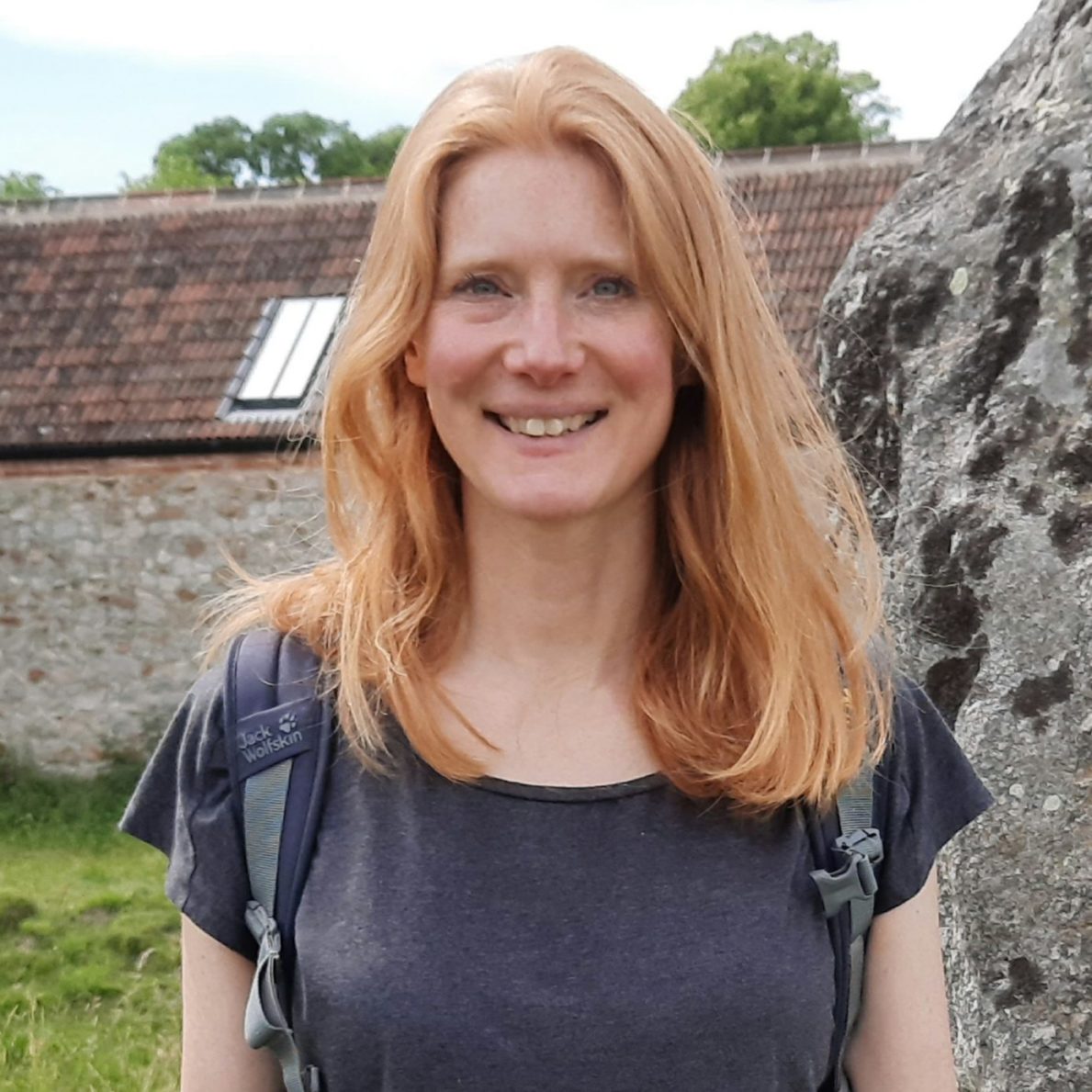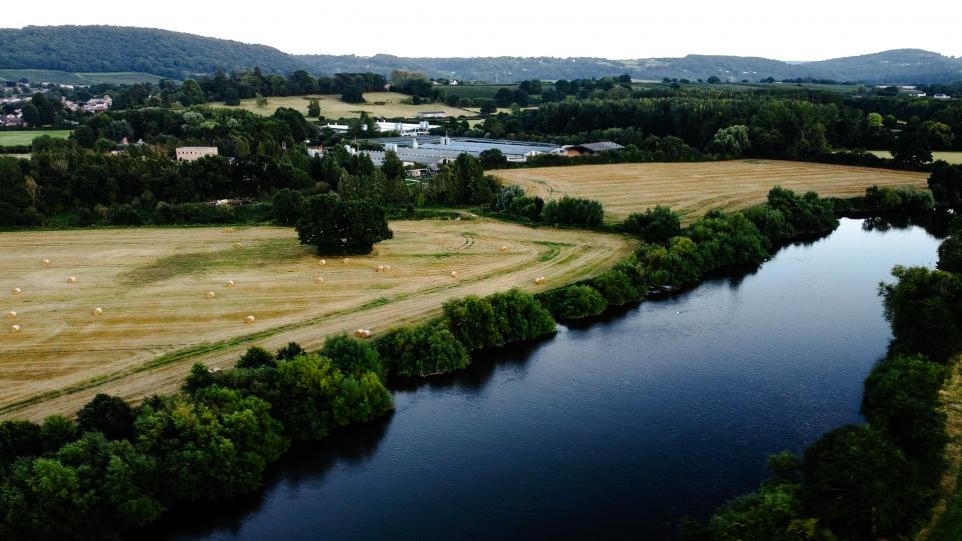
Cathy Cliff, The Soil Association
Last month the Soil Association has launched Stop Killing our Rivers, a campaign calling for urgent government action to address the impact of intensive chicken farming on precious UK rivers, including the River Wye on the Welsh and English border.
The River Wye (rising as the Afon Gwy in Wales and a Special Area of Conservation flows for 155 miles from the Cambrian Mountains in mid-Wales to the Severn Estuary in the west of England. In 2020, a thick algal bloom extended along the river for more than 140 miles, killing much of the life beneath the surface. The bloom was caused by eutrophication – nutrients from livestock manures (primarily phosphates from chicken manures) had washed into the waters, causing rapid algae growth, starving the river of oxygen. For all the legal protections in place the Wye was struggling to survive.
The intensification of livestock and arable farming in the Wye catchment over many decades has created unsafe concentrations of phosphate in soils and the river, but it’s a rapidly growing poultry industry that has proven to be the ‘final straw’.
Chickens are now the most numerous animals farmed in the catchment with more than 20 million being farmed at any one time, a quarter of all the UK’s chickens. Broiler or ‘meat’ chickens are produced in particularly high numbers in any one operation, especially when you take into account that the average broiler chicken lives up to only 40 days and there can be around 7 so-called “crops” a year in each unit. Many operations have multiple units.
Huge volumes of manure generated by the chickens in these units are spread on local land and are the source of phosphate pollution in the river.
This situation, where one of our most important conservation sites has been so heavily impacted by the spreading of chicken manure far in excess of what is needed to fertilise the area’s crops is partly the result of flaws in the planning system and in environmental regulation.
Largely, though, it’s our food system that has supported the tragic decline of the river. This is a system held up by a consolidated supply chain with international food processing companies and supermarkets pulling the strings. Prices are kept low with the excuse that consumers want and expect cheap chicken, despite the fact that we pay less than half the price for a chicken today that we paid in 1971 and often for less than the price of a cup of coffee.
If action is taken swiftly, the Wye might yet be saved, but other rivers and ecosystems in the UK will be put at risk. We have identified 10 other rivers in England and Wales close to which a number of intensive poultry units have been given permission to establish. These rivers may also be at risk of chicken farm pollution, now or in the future if production continues to expand.
We need to reduce chicken numbers across the UK. There is currently no viable way to address the impact of the huge numbers of chickens we farm each year and the vast volumes of manure produced in intensive poultry units.
What we really need is system change – we need to end the construction of intensive poultry units and reduce the number in existence. Intensive chicken units need to be addressed as part of Welsh Government’s Special Area of Conservation river action plan.
We need a just transition for farmers to move out of this damaging industry. Many farmers are locked into a long-term financial commitment to a poultry unit on their land, with loans having been taken out as part of a contract with a chicken processor.
This transition must be carefully managed to protect producer livelihoods and prioritise animal welfare. It will require change across supply chains, shifts in diet and a fair deal for farmers and consumers.
We need fewer chickens in existing poultry units via implementation of the Better Chicken Commitment, a set of standards that retailers and food service operators can sign up to, committing them to sourcing chicken meat produced as a result of less intensive practices, including slower-growing birds, less waste and reduced reliance on products like soya that are grown in sensitive environments overseas.
We need to reduce overall production and consumption of meat, including chicken, with a shift towards ‘more and better’ plants and industrial poultry phased out in schools and hospitals.
Time is short but it is not too late. If we act swiftly and carefully, we can end the pollution from industrial chicken farming, and help bring our rivers back to life.
Please join us in sending a message to UK Governments and sign our petition.
The Soil Association is a UK-wide sustainable food and farming charity creating practical, nature-based solutions for food, farming and forestry and lobbying government and industry on key environmental policies and practices.
Cathy Cliff is Policy Advisor on Campaigns at the Soil Association. She sets up and runs citizen engagement campaigns based on the Soil Association’s policy priorities.
[instagram-feed feed=1]



